Hossam A Gabbar, Ontario Tech University, Canada
This talk presents advanced approaches for plasma-based waste treatment. Different designs of plasma torches and generation systems are discussed, including RF, DC, and microwave plasma, are analysed and compared for waste-to-energy applications. Novel plasma torch design is prop [....] » Read More

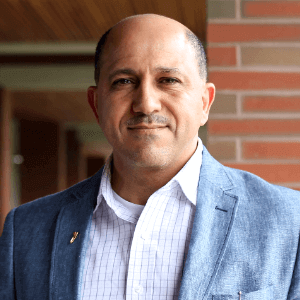
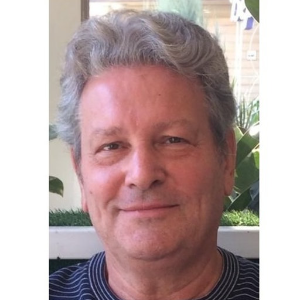
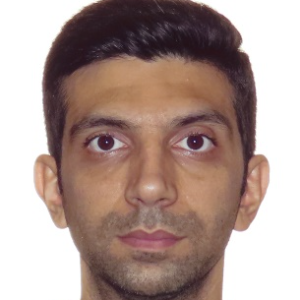
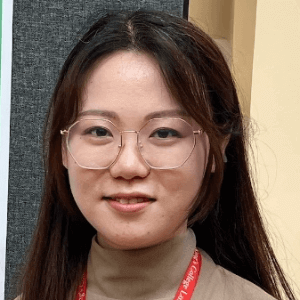





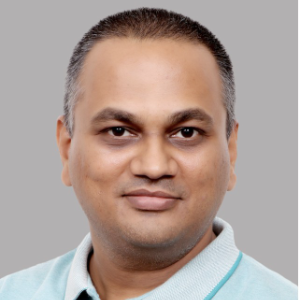
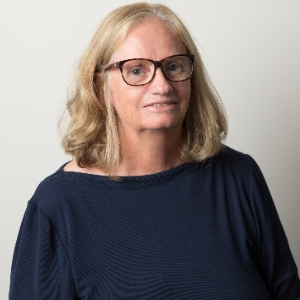


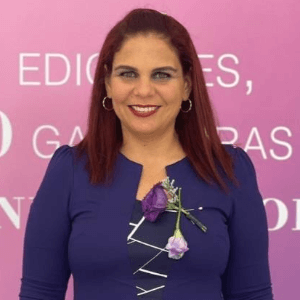

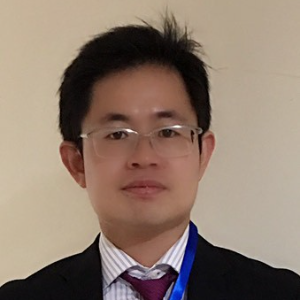
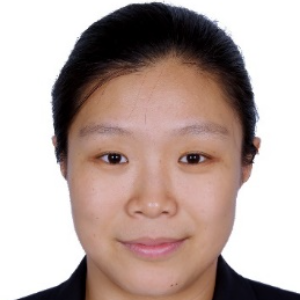


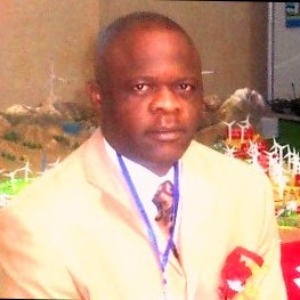
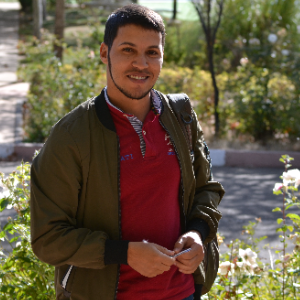
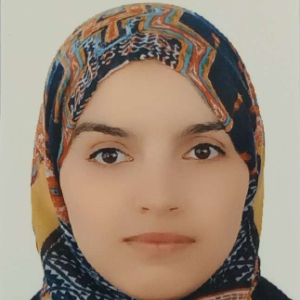
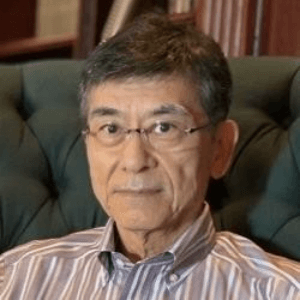
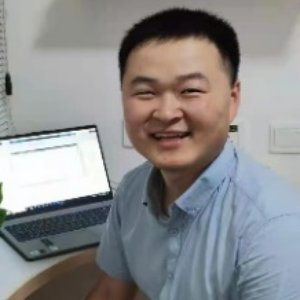
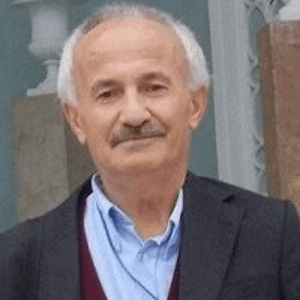
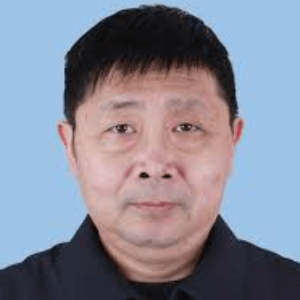

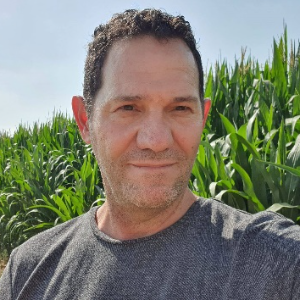
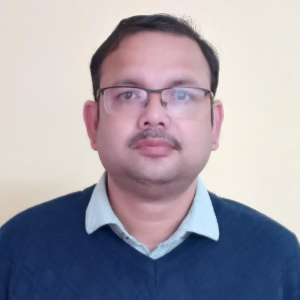

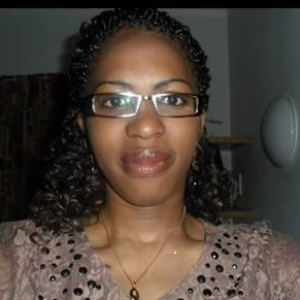
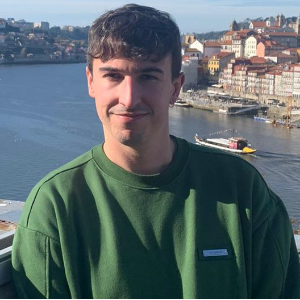

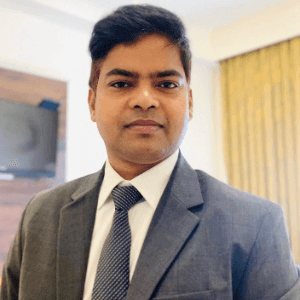




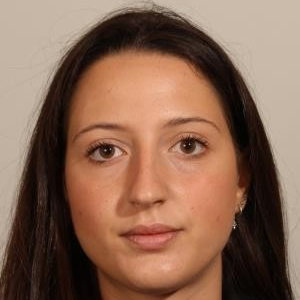
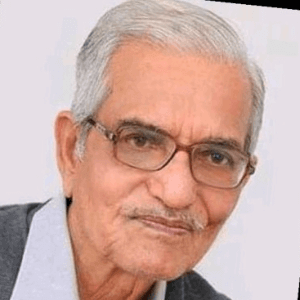


Title : Sustainable hydrothermal processing of bio-wastes
Janusz Kozinski, Lakehead University, Canada
Biofuels seem to be a promising substitute for fossil fuels and a strategic objective to curb greenhouse gas emissions and mitigate global warming. Biofuels are considered carbon-neutral as they are produced from renewable feedstocks such as lignocellulosic biomass, municipal sol [....] » Read More
Title : The Atlantic case in SEA2Land project: Optimization of the fractionation by twin-screw extrusion of fish by-products for the production of biobased fertilisers and fish oil
Clement Chastrette, Centre d’Application et de Traitement des Agroressources (CATAR), France
The SEA2LAND project is a 4-year collaborative Innovation Action (IA) funded by the EU in the frame of the Horizon 2020 programme. Based on the circular economy model, SEA2LAND promotes the production of fertilisers in the EU from its own raw materials. This solution is expected [....] » Read More
Title : From waste to wealth: A circular bioeconomy approach for the brewing industry through brewery spent grains valorization
Sara Saldarriaga Hernandez, Tecnologico de Monterrey, Mexico
Mexico, a global leader in beer production and export, faces the challenge of managing the abundant waste generated by the brewing industry, particularly Brewery Spent Grains (BSG). This waste, constituting 85% of the total waste produced, has been underutilized due to its high m [....] » Read More
Title : Screening of solvents for perovskite solar cells using reverse engineering approach
Luis Eduardo Ramirez Cardenas, Toulouse INP-ENSIACET, France
Perovskite solar cells (PSC) are a promising technology in the field of photovoltaics due to their high performance and simple fabrication methodology. Important achievements in device stability and power conversion efficiency have been obtained by inorganic-organic perovskites t [....] » Read More
Title : Sustainable chemistry in education
Jenifer Robinson, Indian School Alwadi AL Kabir, Oman
Sustainable Chemistry in Education includes project-based, production-based, and application-based approaches towards students to inculcate well-organized, actual, and environmental-friendlier non-toxic chemical synthesis, processes, and products. These three approaches help stud [....] » Read More
Title : Natural Organic Matter (NOM), turbidity removal and biodegradability behavior by coagulant solution based on M.Oleifera in water treatment
Lorena Lucia Salazar Gamez, Universidad Mariana, Colombia
Organic Matter (NOM) is a diverse group of soluble and insoluble constituents in water that influences the sensory and aesthetic quality of drinking water. The presence of NOM is associated with alterations in taste, odor, trans-parency, among others, and it presents a considerab [....] » Read More
Title : SLCA methodology applied to bio-based fertilizers from fisheries/aquaculture waste in the scope of the Sea2Land Project
Fabre Jean Francois, LCA-ENSIACET/INPT-INRAE, France
The United Nations' 17 Sustainable Development Goals advocate for a circular economy, addressing social, environmental, and economic aspects of sustainability. Within this framework, the Horizon 2020 Sea2Land project endeavors to transform wastes and sidestreams from fisherie [....] » Read More
Title : Screening of Ionic Liquids (IL) and Deep Eutectic Solvents (DES) through COSMO-RS for the efficient lignocellulosic fractionation of peach stone cover
Gemma Villorbina Noguera, Universitat de Lleida, Spain
Peach stone is a major waste in the food processing industry. However, the shell contains a high lignocellulosic content (80 % of lignin, cellulose and hemicellulose) which make it a potential valuable by-product. The increasing shift towards circular bioeconomy requires not only [....] » Read More